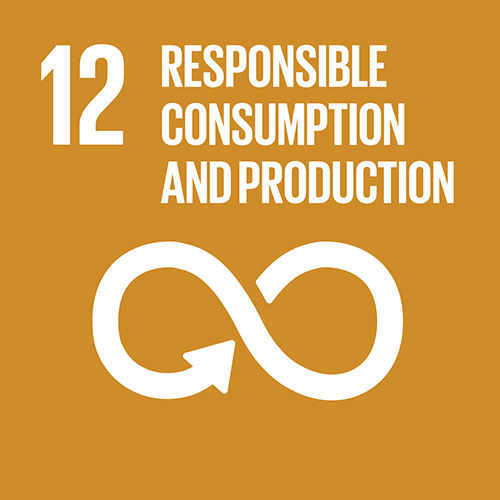Coop Support Programme: Composted dung provides high-quality fertilizer

Project type: Waste Management and Compost
Project location: Switzerland
Project status: In operation, exclusive
Emission reduction over 10 years: 1700 tCO2e
This Coop climate protection programme supports agricultural Bio Suisse or Miini Region businesses with the composting of the dung they accrue. Composted dung reduces greenhouse gas emissions and provides organic, highly effective fertilizer for fields. Anyone who is interested can register for this climate protection programme now.
Dung composting involves the processing of solid dung to create rotting dung or dung compost. The dung should be composted (aerobically decomposed) fully on the farm as far as possible. This is achieved through well-structured, regularly-shifted dung heaps. This way, instead of emitting the greenhouse gas methane, the dung heaps release less harmful CO₂ into the atmosphere.
This processing involves additional work and costs, and is therefore only worthwhile when the composting offers clear advantages for the business. The business is remunerated for the climate protection impact from the reduction of methane emissions through support payments. As a fertilizer, the composted dung has a positive effect on the formation of humus and provides a lasting supply of nitrogen to the fields.
The composting of farm manure is well known in organic cultivation and various studies and investigations have demonstrated its positive effect. Due to the money and time involved though, manure processing is not widely used. The aim, therefore, is to support farmers with their investments in infrastructure, works and climate protection with a grant of approx. CHF 20 per tonne of fresh dung. The programme encourages the processing of dung on set areas.
Grants
Producers can apply for grants for various different things depending on the space and existing infrastructure available:
- For the construction of a second manure tray.
- For the construction of a fixed composting line.
- Specific investments required for composting (equipment, training)
Contact
Ian Rothwell, project management, Tel. direct: 044 206 34 17, Email
Note: This programme is no longer accepting applications.
This project contributes to 2 SDGs*
*as at the end of 2023. Find out how myclimate reports these SDGs in our FAQ.
Around 500 tonnes of manure are composted every year.
170 tons of CO2 are saved annually.
Situation without project
Dung composting is carried out at very few farms.Project standard

Partner



Project number
7919-002



